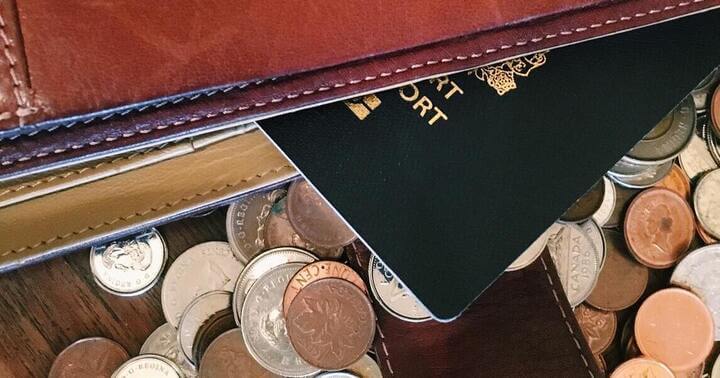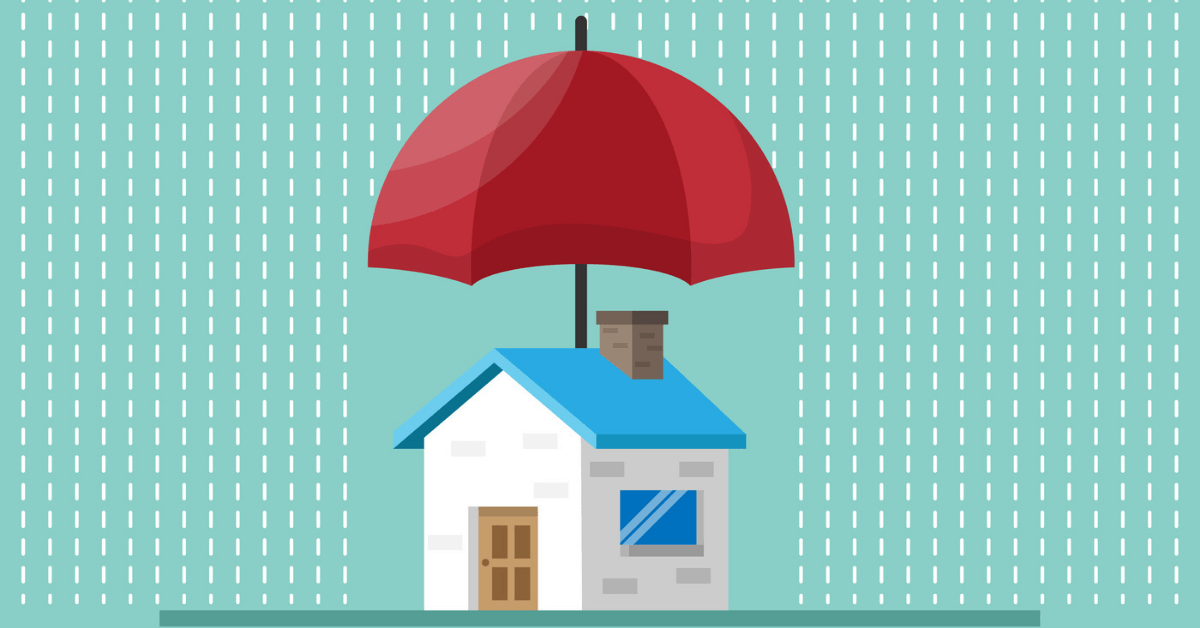Savings VS Investment? These words are often used interchangeably to refer to one another. Although both have the same concept of putting money aside and getting something in return, they are both completely different things. Before you embark on your wealth expansion journey, learn the fundamental differences of saving versus investing, why they are important, and which one is the best for you.
What is the meaning of saving money?
Image credit: Unsplash
One way to save money is by putting aside cash in a savings plan for future use. Your money is relatively safe and can be easily accessed, making it liquid and low risk. Some savings plans may incur a penalty for early withdrawal. But depending on the savings plan you choose, you may receive returns in the form of interest in exchange for putting aside a fixed amount of money for a fixed amount of time. With a little patience, you’ll most likely come out the winner at the end of your savings term.
#TiqOurWord Among the many ways to save money, insurance savings plans are a unique option that offers life protection plus high and stable financial returns as an incentive for you to save regularly. Check out the high guaranteed returns of eEASY save V or enjoy the flexibility of ELASTIQ!
What does it mean to invest money?
Image credit: Unsplash
When you invest money, you’re using up hard-earned cash to buy assets. It’s a high risk approach, which has the potential to make you wealthier over time through Return on Investment (ROI). You risk either losing your investment or get high returns to generate income for years or even generations to come.
As time passes, we may experience inflation – when prices of goods and services go up and purchasing power goes down. However, because value of assets increase over time, your ROI can increase over time as well. There are many types of investments to consider for your portfolio, including:
- Stocks: When you buy a stock, you own a percentage of share in a publicly traded company. As the company makes profit, you get a slice of it. Returns are not guaranteed though, and you could lose all your money depending on the volatility of the stock market.
- Bonds: You lend money to a private company or governmental body for business purposes. If business is successful, you get back the money, plus interest. However, there are many risks to consider such as inflation rate, market supply and demand, and governmental policies.
- Cryptocurrencies: The value of a cryptocurrency fluctuates every year. However, it is very liquid and is not backed by the government.
- Commodities: Basic goods used in commerce such a crude oil, gold, silver, livestock and agriculture. They can be profitable but the value may change rapidly every year.
- Real estate: Successful real estate investors make money through cash flow from rental and any profit generated by the property’s business activity. If the real estate value increases over time, then profit can be made when it’s time to sell. Real estate investors also face the risk of losing money if the real estate value decreases over time.
People often do one without the other
Image credit: Unsplash
Consider this scenario: You put aside some cash each month in your trusty money jar. Your goal is to go on vacation. After several years, you take out the money and spend it. The money is now gone. And you’re back to square one.
However, if you put that money in a savings plan, the money stays safe and can be expanded through crediting rates. Like Albert Einstein said, “Compound interest is the eighth wonder of the world.” And if you invest the money in real estate, for example, it’s possible for you to create a steady flow of income over time.
#TiqOurWord Imagine getting a high potential yield of up to 4.07% p.a. in an insurance savings plan. With eEASY savepro, it’s possible! Achieve your goals with our long-term insurance savings plan. You even get life protection of 105% of the total premium paid.
Planning your monthly income for savings and investment
Image credit: Unsplash
Based on the 50/30/20 budget rule, you could divide your monthly income as followed.
- 50% for expenses such as groceries, healthcare and utilities.
- 30% for your wants such as entertainment and shopping.
- 20% for savings and investments.
However, if you want a more comprehensive way to divide your monthly income, you can consider the following in order of priority.
- Set aside your monthly expenses. Food, commute, housing. Anything you need to stay alive.
- Focus on paying outstanding loans. As long as you have loans to pay, you’ll never be truly financially free as it eats away your hard-earned cash every month.
- Get Life insurance coverage. If you have dependents, you should consider this to ensure that your loved ones will be financially covered in the unfortunate event that you’re no longer able to provide for your family.
- Consider savings plans. This is the money you put aside for future goals. They will be secured and you can expand them through crediting rates over the years.
- Consider investment. When you have enough money to buy assets, consider the risks and secure your future. If you’re unsure, why not get advice from professional financial consultants on how to make the money work for you?
Making your money work for you
Image credit: Unsplash
You worked hard to earn money, now it’s time to watch it grow. When it comes to savings VS investment, always diversify your choices. This way, you won’t risk losing all your money in a high-risk investment, and you can enjoy different crediting rates from different types of insurance savings plans. You can have your cake and eat it too, but don’t put all your eggs in one basket.
[End]
Information is accurate as of 10 June 2020. This policy is underwritten by Etiqa Insurance Pte. Ltd. (Company Reg. No. 201331905K). Protected up to specified limits by SDIC. As buying a life insurance policy is a long-term commitment, an early termination of the policy usually involves high costs and the surrender value, if any, that is payable to you may be zero or less than the total premiums paid. You should seek advice from a financial adviser before deciding to purchase the policy. If you choose not to seek advice, you should consider if the policy is suitable for you. This advertisement has not been reviewed by the Monetary Authority of Singapore.
Tiq by Etiqa Insurance Pte. Ltd.
A digital insurance channel that embraces changes to provide simple and convenient protection, Tiq’s mission is to make insurance transparent and accessible, inspiring you today to be prepared for life’s surprises and inevitabilities, while empowering you to “Live Unlimited” and take control of your tomorrow.
With a shared vision to change the paradigm of insurance and reshape customer experience, Etiqa created the strong foundation for Tiq. Because life never stops changing, Etiqa never stops progressing. A licensed life and general insurance company registered in the Republic of Singapore and regulated by the Monetary Authority of Singapore, Etiqa is governed by the Insurance Act and has been providing insurance solutions since 1961. It is 69% owned by Maybank, Southeast Asia’s fourth largest banking group, with more than 22 million customers in 20 countries; and 31% owned by Ageas, an international insurance group with 33 million customers across 16 countries.
Discover the full range of Tiq online insurance plans here.











